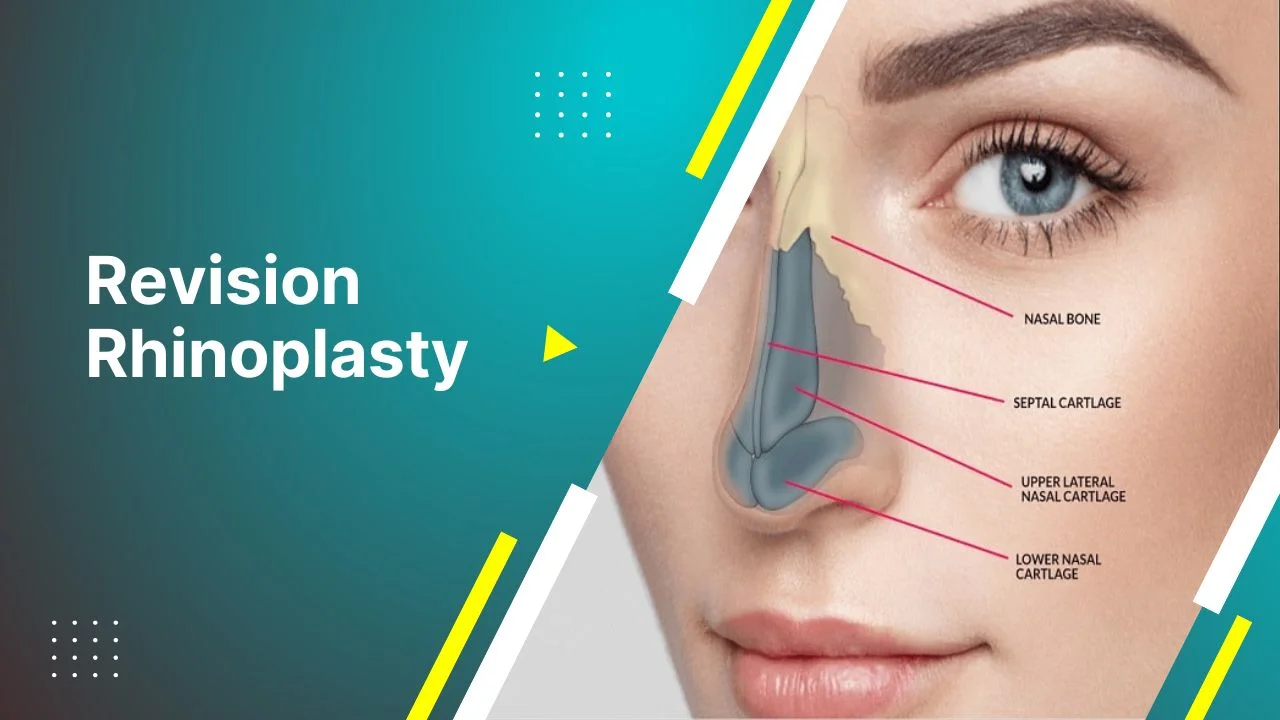Aesthetic operations have become increasingly popular as more people seek ways to enhance their appearance and boost their self-confidence. While these procedures can deliver impressive results, there are several common mistakes in aesthetic surgery that can impact their effectiveness and safety. Whether it’s unrealistic expectations, choosing the wrong specialist, or neglecting proper aftercare, these mistakes can lead to disappointing outcomes. In this blog, we will explore the most frequent mistakes people make when considering aesthetic surgery, along with the truths behind these procedures that everyone should know before going under the knife. By understanding the facts and being well-informed, you can make better decisions and ensure a safer, more satisfying aesthetic experience.
Managing Unrealistic Expectations
Managing unrealistic expectations is crucial when considering aesthetic operations, as it can directly influence the satisfaction and outcome of the procedure. Many people seek cosmetic surgery with the hope of achieving a flawless appearance, but it’s important to understand that no procedure can guarantee perfection. Each individual’s anatomy, skin type, and healing process vary, which means results may not be exactly as envisioned. It’s essential to have a clear, honest discussion with your plastic surgeon about what can realistically be achieved based on your unique features and goals. Setting realistic expectations also involves understanding the recovery process and potential risks involved. A good surgeon will guide you through these aspects, ensuring you have a well-informed perspective and helping to align your desires with achievable results. By managing expectations properly, you can avoid disappointment and appreciate the improvements that aesthetic procedures can bring to your appearance and self-confidence.
Selection of Unsuitable Candidates
One of the most common mistakes in aesthetic operations is the selection of unsuitable candidates, which can significantly affect the results and overall experience of the procedure. Aesthetic surgeries are not one-size-fits-all; every individual has different physical conditions, medical histories, and psychological factors that must be considered. For instance, people with unrealistic expectations, underlying health issues like diabetes or heart conditions, or those who are not emotionally prepared for the changes after surgery may not be ideal candidates. To determine suitability, it’s crucial to undergo a thorough consultation with a qualified aesthetic specialist. Proper candidate selection ensures better outcomes and a smoother recovery process, ultimately leading to greater satisfaction.
The Importance of Postoperative Care
Postoperative care plays a vital role in the success of aesthetic operations and significantly impacts the healing process and final results. Following surgery, the body needs time to heal, and how well this process is managed can determine the quality of the outcome. Proper postoperative care includes adhering to the surgeon’s instructions, taking prescribed medications, avoiding strenuous activities, and following specific guidelines for wound care to prevent infection. Neglecting postoperative care can lead to complications such as infections, scarring, or suboptimal results. By prioritizing and adhering to postoperative guidelines, patients can ensure a smoother recovery and achieve the best possible aesthetic outcome.






